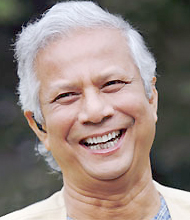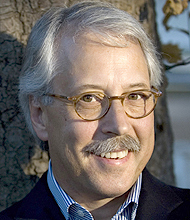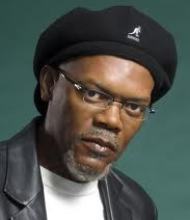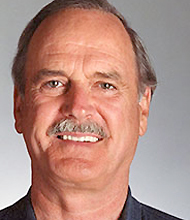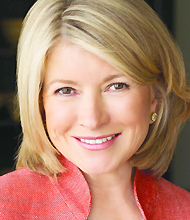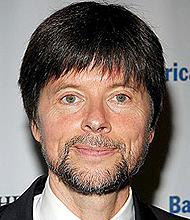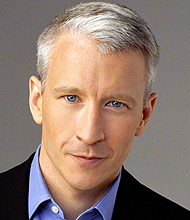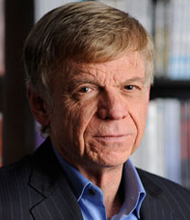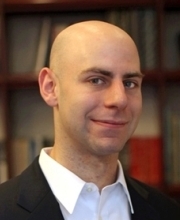| TRAVELS FROM |
|
SPEAKING FEE RANGE ** Please note that while this speaker’s specific speaking fee falls within the range posted above (for Continental U.S. based events), fees are subject to change. For current fee information or international event fees (which are generally 50-75% more than U.S based event fees), please contact us. $75,000 and above |
|
BOOK MUHAMMAD YUNUS speakers@coreagency.com |
| TRAVELS FROM |
|
SPEAKING FEE RANGE* $75,000 and above |
|
Book Muhammad Yunus speakers@coreagency.com |
- Winner of the Nobel Peace Prize for his “efforts to create economic and social development from below.”
- Founder of Grameen Bank, which provides small loans to improve the economic and social status of impoverished people.
- Pioneer of the concepts of “microcredit” and “micro finance.”
- Humanitarian, economist, and entrepreneur Professor Muhammad Yunus explains how he has redefined the impossible with his work.
- Professor Yunus provides revolutionary solutions to poverty with clear, compelling delivery.
Professor Muhammad Yunus was rewarded the Nobel Peace Prize in 2006 for his “efforts to create economic and social development from below.” Those efforts were demonstrated in Professor Yunus’s founding of the Grameen Bank, a community development bank which provides loans that do not require collateral, therefore benefiting the poor. Professor Yunus, an economist who pioneered the concepts of microcredit and micro finance, is also an entrepreneur and a humanitarian, and he has combined all three areas of success with the purpose of making significant change in the world.
Professor Yunus was born in Bangladesh in 1940. He began studying economics by earning his bachelor’s and master’s degrees at Dhaka University. He became a Fulbright scholar and travelled to the United States to earn his PhD in economics from Vanderbilt University in 1971. Professor Yunus briefly worked on the Bangladesh government’s Planning Commission, but his interests were more inclined toward research and study. He switched gears and began to teach economics, working as a lecturer and professor both in Bangladesh in the United States, and he became head of the Economics department at Chittagong University in 1972.
While at Chittagong University, Professor Yunus began visiting local impoverished households and doing research there. He discovered that small loans could have a significant impact on improving the economic status of the poor, but he also knew that banks would not give out loans to these people. This led Professor Yunus to develop the concepts of microcredit and micro finance, and it also began the work that eventually turned into Grameen Bank, an organization that gave out small loans to 28,000 members by 1982. By 2015, the bank had issued over $12 billion USD to 9.4 billion borrowers. More than 94% of those loans have gone to women. In 2006, Professor Yunus and the Grameen Bank were awarded the Nobel Peace Prize for their revolutionary impact.
Professor Yunus has gone on to develop many other effective projects under the Grameen Bank. He currently serves as the Chancellor of Glasgow Caledonian University in the U.K. and the Chairman of the Yunus Centre. Professor Yunus is one of only seven people to have been awarded the Nobel Peace Prize, Presidential Medal of Freedom, and the Congressional Gold Medal.
Humanitarian, economist, entrepreneur, and Nobel laureate Professor Muhammad Yunus has a profound and in-depth understanding of the challenges that impoverished people face in societies around the world. Yunus is eloquent, clear, and compelling in explaining how society can eradicate those challenges.
Professor Yunus is the founder of the Grameen Bank and pioneer of “micro finance.” He has created monumental change economically and socially, using revolutionary methods to provide economic opportunity to the poor. After hearing Professor Yunus speak, your conception of what is possible when it comes to economic development will be forever changed.
Authoritative yet humble, Professor Yunus is an inspiring speaker who will redefine your understanding of how to create change in the world as he shares his incredible vision for ending global poverty.
Achieving Lasting Peace by Eradicating Poverty
“I was not trained to understand self-help. I was trained, like all students of economics, to believe that all people, as they grow up, should prepare themselves to get jobs at the job market. If you fail to get a job, you register yourself for government charity. But I could not hold on to these beliefs when I faced the real life of the poor people in Bangladesh. For most of them [the] job market did not mean much. For survival they turned to economic activities on their own. But the economic institutions and policies did not take notice of their struggle. They were rejected by the formal systems for no fault of their own....” -From a speech given by Professor Yunus
Halving Poverty by 2015
“I have chosen to speak on the most daring of all Millennium Development Goals: halving poverty by 2015. I have chosen it for two reasons. First, this is the most courageous goal mankind ever set for itself. For the last two decades I have been talking about creating a world free from poverty. I talk about it not because it is unjust to have a world with poverty, which is, of course, true. I talk about it simply because I am totally convinced from my experience of working with poor people that they can get themselves out of poverty if we give them the same or similar opportunities as we give to others. The poor themselves can create a poverty-free world....” -From a speech given by Professor Yunus
Ending Global Poverty, One Loan at a Time
Muhammad Yunus is a Bangladeshi banker and economist. He previously was a professor of economics and is famous for his successful application of microcredit ; the extension of small loans. These loans are given to entrepreneurs too poor to qualify for traditional bank loans. Yunus is also the founder of Grameen Bank.
In 2006, Yunus and the bank were jointly awarded the Nobel Peace Prize, "for their efforts to create economic and social development from below." Yunus himself has received several other national and international honors. He is the author of Banker to the Poor and a founding board member of Grameen Foundation. In early 2007 Yunus showed interest in launching a political party in Bangladesh named Nagorik Shakti (Citizen Power), but later discarded the plan. He is one of the founding members of Global Elders.
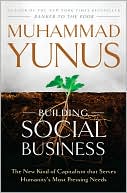 Building Social Business: The New Kind of Capitalism That Serves Humanity′s Most Pressing Needs
Building Social Business: The New Kind of Capitalism That Serves Humanity′s Most Pressing Needs
The Nobel Peace Prize-winner shows how the social business model can harness the entrepreneurial spirit to address poverty, hunger, and disease
Order Here
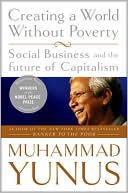 Creating a World without Poverty: Social Business and the Future of Capitalism
Creating a World without Poverty: Social Business and the Future of Capitalism
In this newly updated national bestseller, Nobel Peace Prize–winner Muhammad Yunus outlines his vision of a new business model that combines the power of free markets with the quest for a more humane world.
Order Here
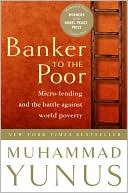 Banker to the Poor: Micro-Lending and the Battle against World Poverty
Banker to the Poor: Micro-Lending and the Battle against World Poverty
The simple idea of micro-loans is revolutionizing developing economies. Instead of lending large sums of money to often corrupt bureaucracies, economist Muhammad Yunus founded Grameen Bank to offer tiny sums, as little as $5, to individual craftspeople, tenant farmers, and subsistence entrepreneurs so they could keep themselves afloat between buying and selling.
That was in 1983. Sixteen years later, with $2.5 billion being dispersed annually to more than two million families in rural Bangladesh and repayment rates close to 100 percent, Yunus is being hailed as the father of a new economic model that is bringing people out of poverty. In Banker to the Poor, Yunus explains why his program works.
Order Here

 VIDEO
VIDEO PROGRAMS
PROGRAMS BOOKS
BOOKS